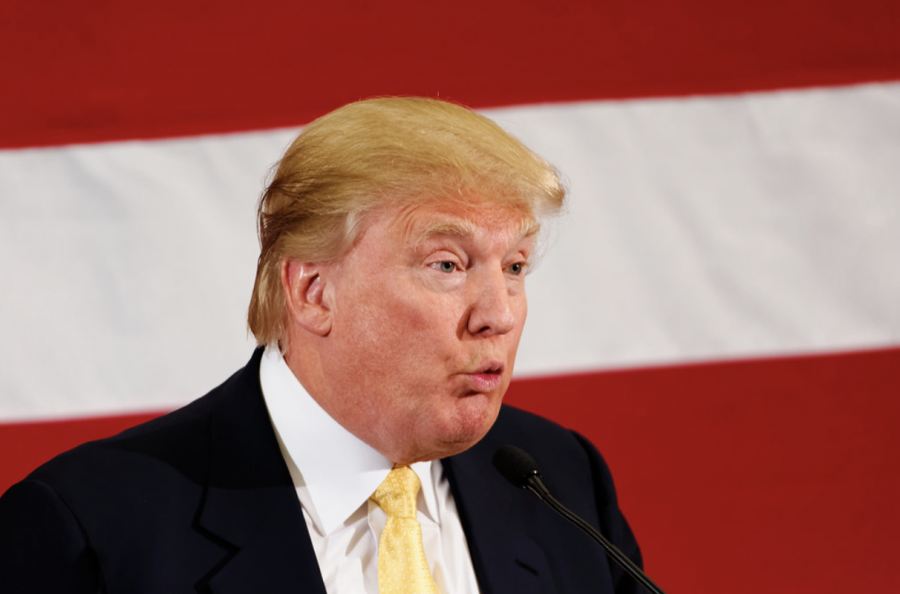A Look into the Presidential Impeachment Process
As the word ‘impeachment’ is being tossed around in the media, it is important to understand what is really happening with our president.
October 6, 2023
The Trump presidency has been nothing short of controversial. What some consider a scandal and what others see as standard politics has evolved into a tumultuous political ordeal. On Tues., Sept. 24th, the House of Representatives officially launched an impeachment inquiry against President Trump following his coercement of Ukraine to look into rival Joe Biden. Democrats of the House are adamant about these proceedings, but not without pushback from Republicans who will fight to keep him in office. Though it is not the first presidential impeachment inquiry, many are unsure of what is involved in the actual process. Impeachment is not synonymous with removal from office, and it is important to understand what is now going to take place in the American political system.
According to ABC News, impeachment is the process undertaken to investigate into serious wrongdoings of a US president. The House of Representatives begins the impeachment process by having the speaker of the House decide to launch a formal inquiry.
In the current situation, Nancy Pelosi was the one to begin this investigation, telling ABC “The actions of the Trump presidency revealed the dishonorable fact of the president’s betrayal of his oath of office, betrayal of our national security, and betrayal of the integrity of our elections.”
From here, Pelosi must decide whether the matter should be handled by the House Judiciary Committee or a separate committee. Right now, the House Judiciary Committee will be tasked with writing the articles of impeachment, a sanctioned explanation of Trump’s alleged crimes. Once the articles are approved, it is time for the case to go to trial.
The Senate, which is currently made up of a majority of Republicans, will serve as the jury for a presidential impeachment trial. Mitch McConnell, who is the Senate Majority Leader, will make decisions for how the trial is run, determining how many days it will last, how many witnesses will be called, and other crucial factors impacting Trump’s fate. Out of 100 upper-chamber senate members, 67 would have to find trump guilty in order to remove him from office.
However, according to CNN, no president has yet to be convicted by the Senate in impeachment proceedings. If this stays true for Trump, he will have been impeached but not removed from office. He would join only two other US presidents, Andrew Johnson and Bill Clinton. AP News states that the process of Trump’s impeachment currently being expedited, as they are hoping to have a resolution by the end of 2019. However, this could slow when it reaches the Republican-led senate.
As Trump dives further into controversy, it is uncertain what lies ahead in American politics. The 2020 election dwells on the minds of both citizens and politicians who are looking for a change. Now, it is up to the US government to condemn or commend the commander in chief.







